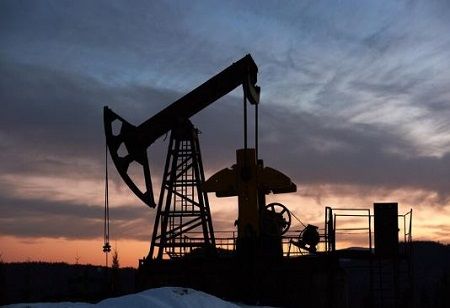
EU Sanctions Rosneft's India Refinery, decreases Oil Price Cap
- EU sanctions block fuel exports from India’s Nayara Energy.
- Russian oil price cap lowered to $45–$50, benefiting India.
- Russia uses shadow fleet to evade sanctions; U.S. warns of penalties.
Recently, the European Union (EU) released new sanctions against Russia, which included a sanction against Nayara Energy LLC, a large refinery partially owned by the Russian national oil company, ROSNEFT. The EU's sanction package included lower price caps on Russian crude oil, aimed at restricting Moscow's revenue from the war while it continues its invasion of Ukraine.
Nayara Energy (acquired a 20 million tonne refinery in Vadinar, State of Gujarat, and more than 6750 fuel stations) has 49.13% ownership from ROSNEFT. EU sanctions would prevent Nayara from transhipping refined fuels such as petrol and diesel to Europe and severely disrupt an important trade shipment. So, while Nayara is one of the most significant import and trade channels, Nayara Energy's blockage of gasoline and diesel exports is likely to create a bottleneck for Europe.
The original price cap on Russian crude oil was established at $60 t per tonne, and materials will be analysed biannually; the price cap would likely decline below $45 - $50. This could depress Russia's spill over crude prices on imports, which add to the decreasing cost of gasoline for buyers such as India that buy almost 40% oil mixtures from Russia.
EU Foreign Policy Chief Kaja Kallas mentioned on his X, "For the first time, we're designating a flag registry and the biggest Rosneft refinery in India".
Also Read: RRP Defence, France's CYGR in JV to Make Drones in India
That said, the impact of the cap is still unclear. Russia has been relying on a "shadow fleet" of non-G7 vessels to circumvent the restrictions on trade. It has also kept the income from exports to consuming nations relatively close to market value by artificially driving up taxes and tariffs on the export trade. When India’s refineries are converting the very inexpensive Russian crude oil into refined fuels and returning the fuel to the EU, they are now facing pressure over what it means.
"We are standing firm. The EU just approved one of its strongest sanctions package against Russia to date. We're cutting the Kremlin's war budget further, going after 105 more shadow fleet ships, their enablers, and limiting Russian banks' access to funding", said Kaja Kallas.
Enforcement problems have been met with condemnation from another quarter, particularly with any enforcement of sanctions. Recently, President Donald Trump's tariffs on nations trading with Russia have framed trade as another geopolitical issue for India.
Kaja Kallas added, "We are putting more pressure on Russia’s military industry, Chinese banks that enable sanctions evasion, and blocking tech exports used in drones. Our sanctions also hit those indoctrinating Ukrainian children. We will keep raising the costs, so stopping the aggression becomes the only path forward for Moscow."
At this point, oil revenues are still funding Russia’s war efforts while economically sustaining its economy. Evidence suggests that the EU is considering normalizing things moving forward for their scrutiny of global oil flows, which will include incoming Russian crude oil and the downstream refined products from a third-party nation, such as India.

.jpg)